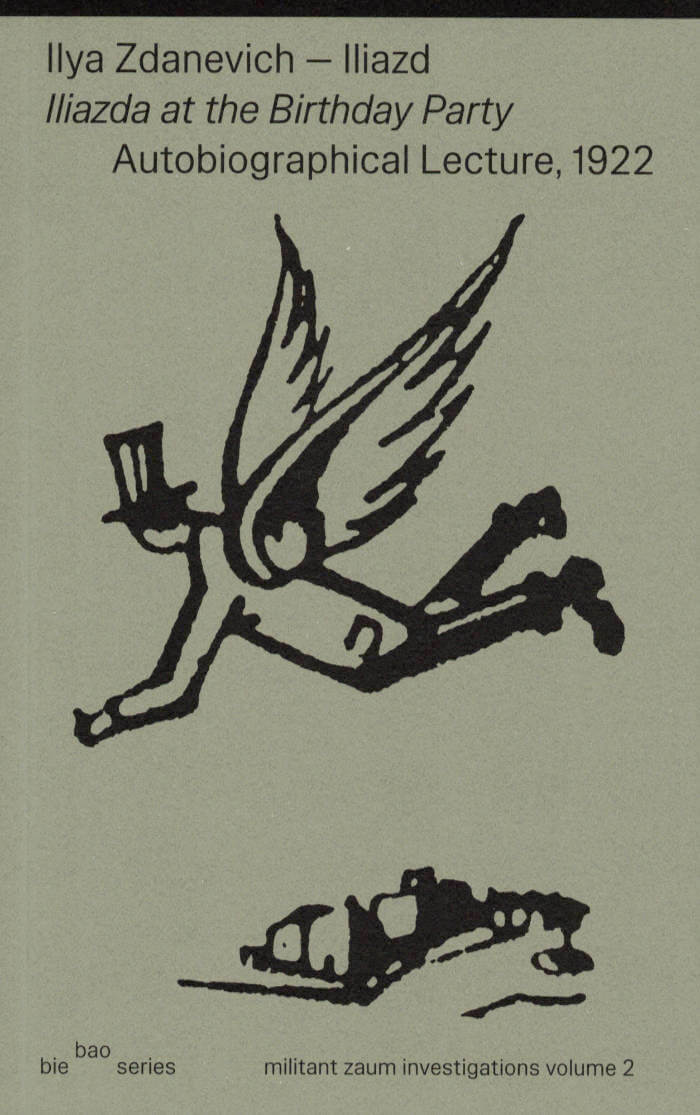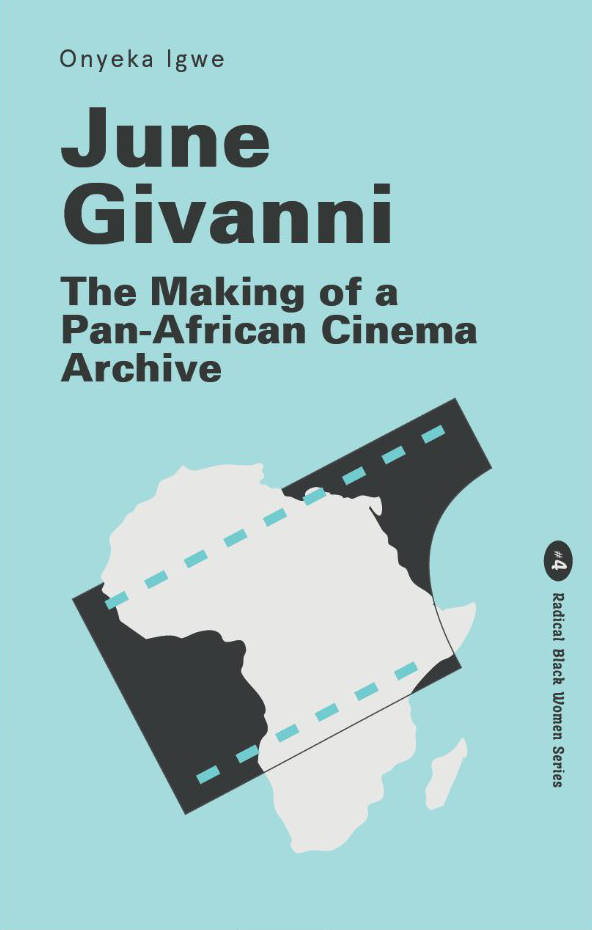For their thirtieth anniversary, Ulta-red, the international sound art and popular education collective is releasing the first volume of Ulta-red: A Journal of Militant Sound Inquiry, investigating movement-based listening practices that take the forms of militant inquiry and political education.
In the words of Ultra-red, "No movement without listening!"
The initial issue of Ulta-red examines "conjunctural analysis," or "naming the moment," as a practice of collective inquiry. The issue begins with conversations with three popular educators in North America who, in the 1990s, developed a body of literature meant to guide radical groups through an inquiry into what Stuart Hall once called, the history of the present.
It includes a discussion with Toronto-based activist Chris Cavanaugh who participated in numerous conjunctural analysis efforts in political movements across Canada. In 2000, Cavanaugh helped start the Catalyst Project as a center for working-class and leftist education.
The next interview features Mary Zerkel, a Chicago-based organizer and artist who produced the seminal text, Coyuntural Analysis: Critical Thinking for Meaningful Action in 1997. Zerkel talks about the relationship between her organizing work in local anti-racist and anti-imperialist struggles as well as her involvement in numerous political art collectives in Chicago.
The journal also features an extended conversation with Gustavo Castro Soto in San Cristobal de las Casas, Chiapas, Mexico. Castro Soto is known internationally as the last person to have been with Honduran indigenous activist Berta Cáceres when she was assassinated by paramilitaries in 2016. Recently known for his anti-extractivist efforts in Central America, Castro Soto was part of a team in the late 1990s that produced a ten-volume series of booklets guiding people through the history and political praxis of conjunctural analysis, Metodología de Análisis de Coyuntura.
The Ulta-red journal connects local struggles across contexts, publishing dispatches from ongoing militant investigations in London, Los Angeles, and in prisons in the U.S. South. The journal also introduces reflections on the problems of militant sound inquiry through poetry, book responses, letters, and visual art.
The journal is edited by Dont Rhine in collaboration with David Albright and Christina Sanchez Juarez. It includes contributions by Tony Carfello, Janna Graham, Museo de la Palabra y la Imagen, Chris Jones, Karla, Elliot Perkins, Daniela Lieja Quintanar, and Robert Sember.
Ultra-red is an international sound art and popular education collective with twelve members based in Los Angeles, New York, Berlin, and multiple locations in the UK.
Activist art has come to signify a particular emphasis on appropriated aesthetic forms whose political content does the work of both cultural analysis and cultural action. The art collaboration Ultra-red propose a political-aesthetic project that reverses this model. If we understand organizing as the formal practices that build relationships out of which people compose an analysis and strategic actions, how might art contribute to and challenge those very processes? How might those processes already constitute aesthetic forms?
In the worlds of sound art and modern electronic music, Ultra-red pursue a fragile but dynamic exchange between art and political organizing. Founded in 1994 by two AIDS activists, Ultra-red have over the years expanded to include artists, researchers and organisers from different social movements including the struggles of migration, anti-racism, participatory community development, and the politics of HIV/AIDS.
Collectively, the group have produced radio broadcasts, performances, recordings, installations, texts and public space actions (ps/o). Exploring acoustic space as enunciative of social relations, Ultra-red take up the acoustic mapping of contested spaces and histories utilising sound-based research (termed Militant Sound Investigations) that directly engage the organizing and analyses of political struggles.


.jpg)


.jpg)


